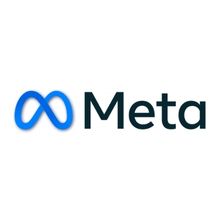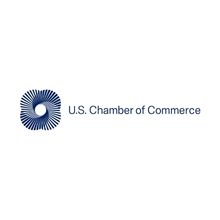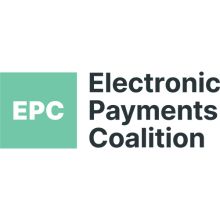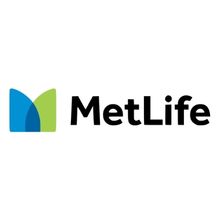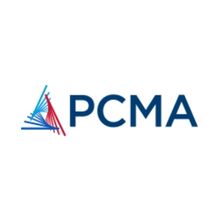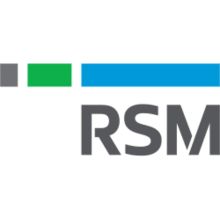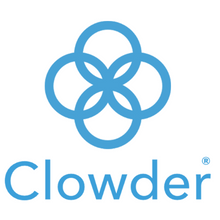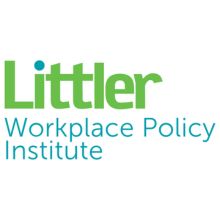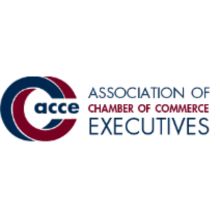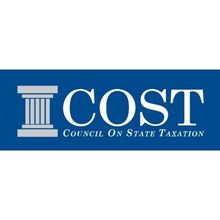State Mandated Auto-Enroll IRA Programs
Six states (California, Illinois, Maryland, Oregon, New Jersey, and Connecticut) have passed legislation to mandate that employers either provide employees with retirement benefits or else states will automatically enroll private business' employees into an Individual Retirement Account (IRAs) sponsored by the state. More than 30 million workers in the United States report that they do not have access to an employer-based retirement plan, according to a Pew Charitable Trusts analysis. Overall, Pew found that only 58 percent of U.S. workers had access to a plan. Employers — particularly small businesses — face multiple challenges in offering their employees a retirement plan. As a result, only 70% of small businesses — and nearly a third of U.S. firms overall — do not offer employees a retirement plan. In an attempt to narrow this coverage gap, states have begun exploring ways to offer private-sector workers — particularly employees of small businesses — access to retirement plans in state-run programs. Though these types of programs would be administered by states with employers primary responsibility being payroll deductions, businesses have raised concerns, particularly, that a new mandate could create unforeseen administrative burdens and potential liability on employers. Despite these concerns, state lawmakers are exploring a variety of proposals to address the issue, but no such program has as of yet been fully implemented. Legality Unclear as States Vow to Implement ProgramsUnder the Obama Administration, the U.S. Department of Labor (DOL) issued a final rule essentially providing states a “safe harbor” to create state-run auto-enroll IRA programs. Although this DOL guidance was repealed by Congress in early 2018, it is unclear if auto-enroll IRAs are subject to the regulations stipulated by Employment Retirement Income Security Act (ERISA), or if these programs are even allowed under the law. But this has not stopped states from pushing forward on their plans. At the time of the federal guidance reversal, five states had passed legislation (Illinois, Maryland, Oregon, California, and Connecticut) and were in the process of establishing state-mandated, auto-enrollment programs. In addition, Seattle has introduced its own city-mandated auto-enroll IRA program. Oregon has already begun implementing its own state-run IRA, OregonSaves. The program’s rollout is being conducted in six waves, beginning in November 2017 and ending in 2020, broken down based on the number of employees an employer has. Moreover, employers that do offer retirement plans to some or all of their employees are required to file for an exemption from the state and with a 3-year renewal. California lawmakers have already vowed to move forward with the state's program even after Congress repealed the federal regulations, guaranteeing the issue will end up in court. The "CalSavers" program launched on July 1, 2019, and a U.S. District Court Judge has ruled that the program is not preempted by ERISA; however, appeals are ongoing. Regardless of the legal battles over state auto-enroll IRA accounts, states will continue to explore avenues further encouraging workers to save for retirement. On March 28, 2019, New Jersey became the sixth state to pass an auto-enroll IRA mandate for private-sector employers. The program applies to 25 or more employees and will go into effect in March 2021. Research & ResourcesChamber Resources
Research
Journalism & Opinion
|

